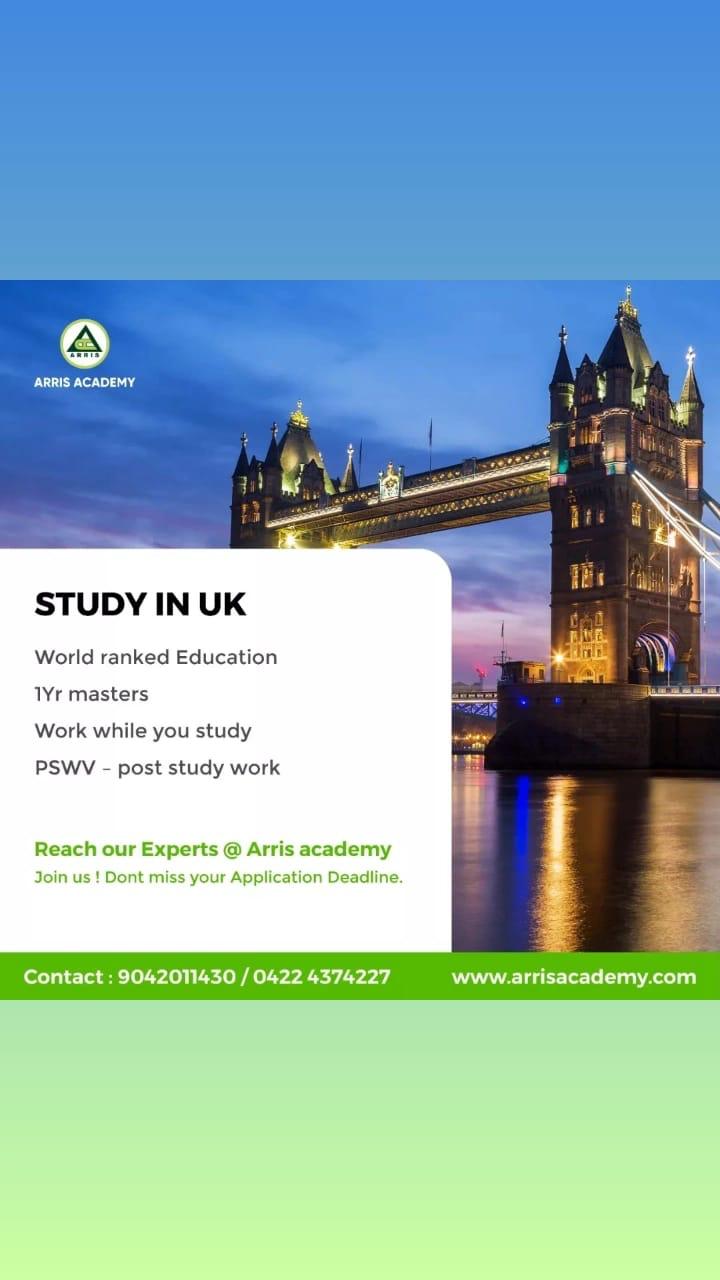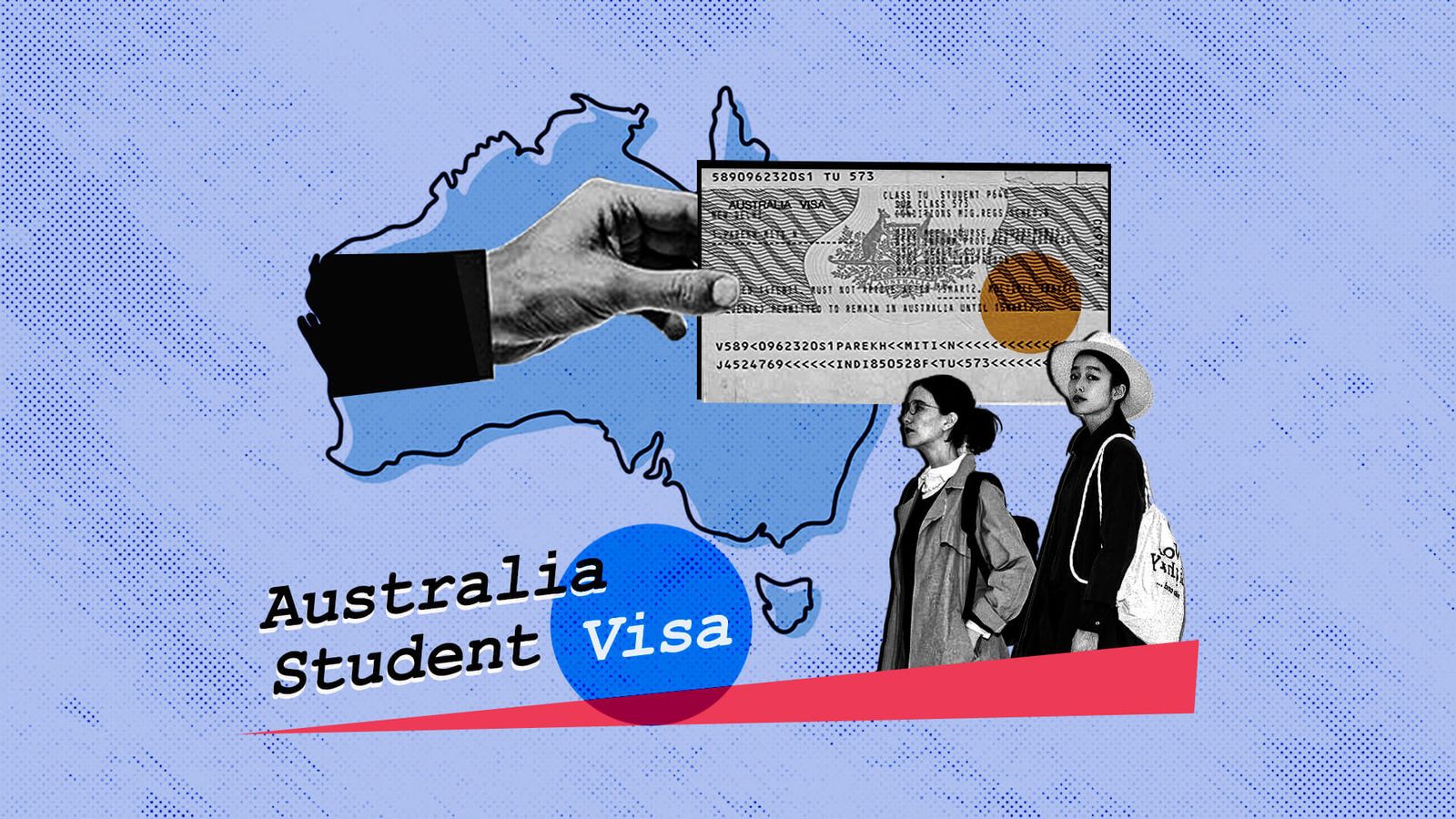Everything You Need to Know About LanguageCert Academic for Your Overseas Study Education If you’re preparing for an English language test, you’ve probably heard about IELTS or TOEFL. But what if we told you there’s a test that’s faster, more flexible, and tailored specifically for academic settings? LanguageCert Academic, a test designed to make your journey to an overseas education smoother. With its quick results, easy registration process, and candidate-friendly features (like audio replayed in the listening section!), LanguageCert Academic has been a game-changer for students worldwide. Let’s explore how this test can work for you? Let’s dive in. What is LanguageCert Academic? LanguageCert Academic isn’t your typical English language test. It’s designed to assess the skills you’ll actually use in university: understanding lectures, participating in group discussions, writing essays, and reading academic texts. It evaluates you on four key areas: Listening, Reading, Writing, and Speaking. What makes it unique is its focus on real-world academic scenarios, meaning you’re preparing not just to pass a test but to thrive in your life after moving abroad. The test is accepted by universities globally and approved by UK Visas and Immigration (UKVI) for visa purposes. Who is LanguageCert Academic For? If any of these sound like you, this test might be your perfect fit: Students applying to English-medium universities: Whether it’s a bachelor’s, master’s, or PhD, LanguageCert Academic proves you’re ready to tackle academic challenges in English. International applicants: If you need to demonstrate English proficiency for your visa or admission requirements, this test has you covered. Academic professionals: Looking to validate your advanced English skills for research or teaching roles? LanguageCert Academic can help you stand out. Why LanguageCert ? Let’s be honest. English tests can be stressful. But LanguageCert Academic takes a different approach, making it easier for you to showcase your skills without unnecessary pressure. Here’s how: 1. Listening Section Played Twice Let’s face it, listening sections can be tricky. You might miss a word or zone out for a second. With LanguageCert Academic, the audio is played twice, giving you a better chance to answer accurately. 2. Fast Results in Two Days Deadlines looming? Don’t worry. LanguageCert Academic delivers results within two business days, letting you move forward with your applications quickly. 3. Flexible Test Options You can take the test either online from home (with live supervision) or at an authorized test center. It’s all about what works best for you. 4. Academic Relevance The test is built around scenarios you’ll actually encounter in university—reading research papers, writing essays, and discussing complex topics. No unnecessary jargon, just practical English. 5. Globally Recognized Accepted by universities, visa authorities, and employers worldwide, it’s a test that carries weight wherever you go. LanguageCert Academic exams are widely accepted by universities and colleges around the world as proof of English proficiency. This recognition is especially valuable for students applying for undergraduate or postgraduate programs. By taking the LanguageCert Academic exam, you can demonstrate your academic English skills to institutions across various countries. These exams are trusted by top universities for admissions in programs that require a high level of English proficiency. They are used as a benchmark for language skills in both academic and research-focused environments. To explore the full list of universities and colleges accepting LanguageCert Academic exams, visit the LanguageCert Recognition Page. Test Format and Sections LanguageCert Academic is a comprehensive English language assessment designed to evaluate proficiency across four key skills: Listening, Reading, Writing, and Speaking. Here’s a detailed breakdown of each component: Listening (Approximately 30 minutes) This is to assesses the ability to understand spoken English in academic contexts, such as lectures and discussions. Format: Candidates listen to a series of recordings, including monologues and conversations. Tasks include multiple-choice questions, matching, and note completion. Key Features: Recordings are played twice, providing an opportunity to catch details that may have been missed initially. Focuses on understanding main ideas, specific information, opinions, and attitudes. Reading (60 minutes) This is to evaluates the ability to comprehend and interpret written academic texts. Format: Consists of multiple passages, such as articles, reports, and essays. Includes tasks like multiple-choice questions, matching headings, and identifying information. Key Features: Tests skills in skimming for general understanding and scanning for specific details. Assesses the ability to understand logical arguments and recognize writers’ opinions and purposes. Writing (60 minutes) This is to measures the ability to produce clear, well-structured written English appropriate for academic purposes. Format: Typically includes two tasks: Task 1: Writing a response based on visual information, such as describing a graph or chart. Task 2: Composing an essay in response to a prompt, presenting an argument or discussion. Key Features: Emphasizes coherence, cohesion, grammatical accuracy, and appropriate vocabulary usage. Encourages the development of arguments and the ability to support ideas with evidence. Speaking (12-15 minutes) This is to assesses the ability to communicate effectively in spoken English within an academic setting. Format: Conducted face-to-face with an examiner or online with an interlocutor. Divided into parts, including: Introduction and Interview: Discussing familiar topics. Individual Long Turn: Speaking on a specific topic for an extended period. Discussion: Engaging in a two-way discussion on more abstract topics related to the individual long turn. Key Features: Evaluates fluency, coherence, pronunciation, lexical resource, and grammatical range. Simulates real-life academic interactions, such as participating in seminars and discussions. Scoring and Results Each component is scored individually, and candidates receive an overall score aligning with the Common European Framework of Reference for Languages (CEFR) levels, ranging from B1 to C2. Results are typically available within 5 working days. To learn more about the scoring system, please check LanguageCert Test Delivery Options Test Centre: Available in paper-based or computer-based formats at approved test centers. Online: Conducted with remote, live proctoring, offering flexibility and convenience. For comprehensive preparation materials, including official practice papers and test overview videos, candidates can visit the LanguageCert Academic preparation page. This structured format ensures a thorough assessment of English language proficiency, tailored to the demands of academic





